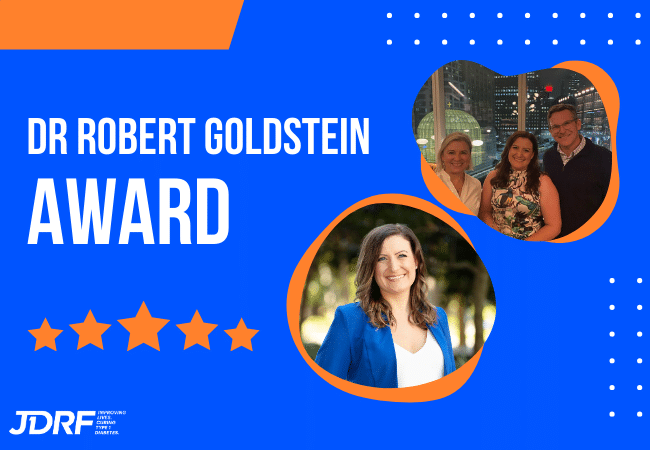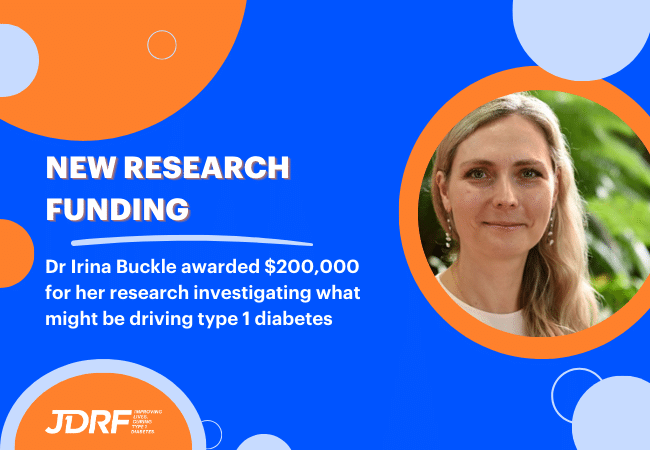JDRF’s Research Symposium: Bringing researchers together to celebrate past and future type 1 diabetes breakthroughs

Bringing researchers together to celebrate past and future type 1 diabetes breakthroughs
On the 24th and 25th July 2023, JDRF Australia was delighted to host a research symposium: T1Decade of Research Progress – Past & Future to commemorate over a decade of achievements of the Type 1 Diabetes Clinical Research Network (T1DCRN). The T1DCRN is the main program through which JDRF Australia funds T1D research projects.
Opened by Hon Mark Butler, Minister for Health and Aged Care, the symposium brought together a multidisciplinary network of scientific and non-scientific experts to showcase the life-changing research that T1DCRN funding has made possible over the past decade, as well as the funding’s impact on the T1D research ecosystem. It was also an opportunity to look at future gaps and needs in T1D research, and the opportunities the next decade may bring.
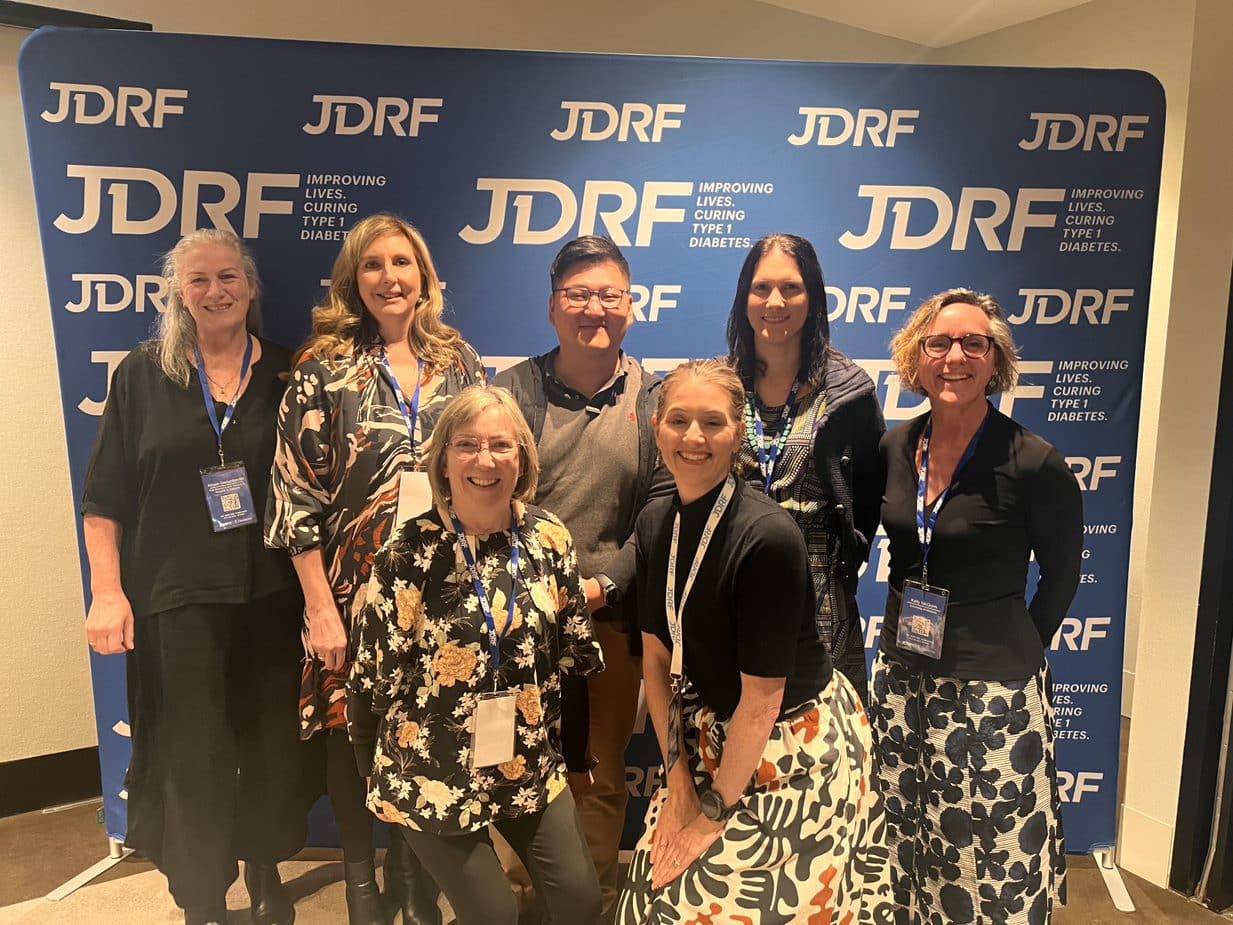
The symposium brought together over 170 participants from a range of areas, from basic researchers to clinician-researchers, funders and pharmaceutical companies. It also heard from a multitude of people living with T1D about what research advances have meant for them, giving them hope for the future ahead.
The themes of the symposium were:
- Early diagnosis and prevention of T1D
- Intercepting and delaying T1D progression
- Beta cell replacement and regeneration
- New therapies and new technologies and their adoption
Keynote speakers included world-leading experts in their field including: Professors Mark Atkinson Marian Rewers, Jennifer Couper, Colin Dayan, Thomas Kay and Dr Leni Ramos.
A key part of the symposium was robust discussion by expert panel members. Themes included the role of screening for T1D risk, its take up and barriers in the health system, current progress in disease modifying therapies and barriers to their uptake, the greatest achievements in the last 10 years of beta cell replacement, research in stem cells, the role of T1D clinical trials for advancing therapies and technologies, and barries for progressing clinical trials that need to be addressed.
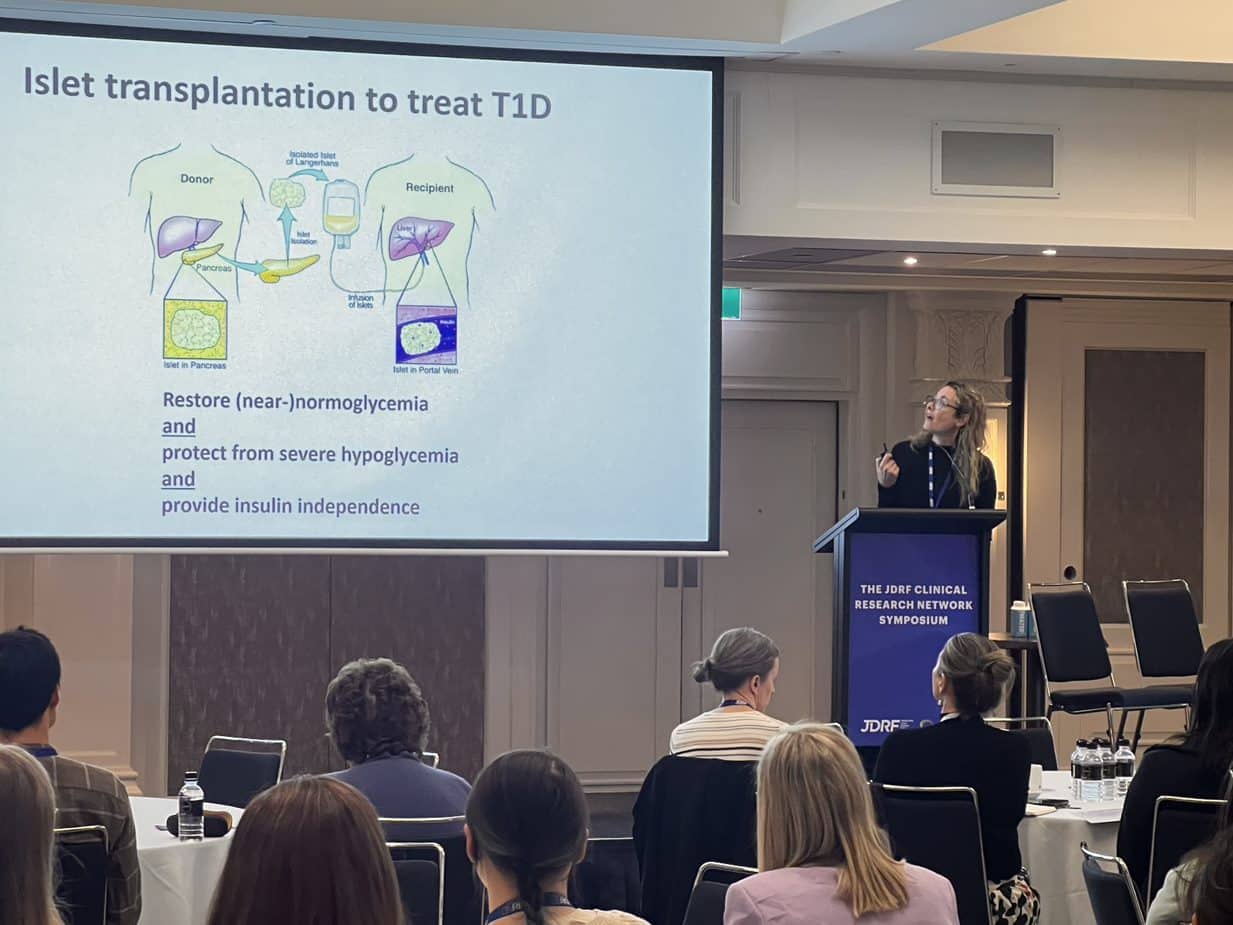
The take home message of the symposium was that research advances cannot happen in isolation. For research findings to reach people with T1D, a concerted effort must be made to bring many different sectors together: researchers, policy makers, healthcare professionals, industry and the T1D community. This is one of the aims of the T1DCRN.
Recognising incredible achievements in T1D research
JDRF Australia is committed to recognising the contribution that researchers make to to advancing the field T1D. It often takes years of dedicated commitment and an unwavering passion for improving lives in the T1D community.
As part of the symposium, JDRF Australia recognised three researchers with awards, who have had a a significant impact on T1D research progress.
The first, the JDRF Australia Luminary Award was awarded to paediatric endocrinologist and researcher Professor Jenny Couper from the University of Adelaide. Professor Couper leads the Environmental Determinants of Islet Autoimmunity (ENDIA) study which invetisgates how genetics and enviromental factors interact to drive T1D onset. The award, presented on behalf of the JDRF Australia Board and Research Committee, was in recognition of her vision, contribution to knowledge, unmatched spirit of collaboration and mentorship to early and mid-career researchers.
Her work on the prevention of T1D and complications has changed the lives of children with and at risk of T1D and those living with cardiovascular complications of the condition. The world-first ENDIA study is a significant project of the T1DCRN and has recently been awarded funding for its extension.
“Professor Jenny Couper’s passion, vision and dedication to her profession will continue to change the lives of children with T1D and their families and inspire generations of younger scientists to come. Thank you for shining a bright light on the field of T1D and the incredible impact of your work on those that work closely with you and on our community” said Jonathan Salmon, Chair of the JDRF Research Committee.

The second, the T1D Emerging Leader Award, was awarded to Dr Ki Wook Kim from the University of New South Wales. This award was in recognition of Dr Kim’s exceptional research leadership through advancing T1D knowledge, demonstrating a collaborative spirit, community engagement and commitment to a career in T1D research. Dr Kim works closely with the ENDIA team and his focus is on the role that viruses may play in T1D development. The ultimate aim of his research is to develop a vaccine against those viruses which may contribute to T1D onset. Read more about Dr Kim’s research here.
“A true champion in forging collaborations, Dr Kim has spearheaded the introduction of cutting-edge technologies in viral molecular genetics to Australia, allowing unbiased detection capabilities for viruses triggering T1D. This outstanding feat has positioned his laboratory as one of the very few facilities worldwide capable of performing such groundbreaking work.” said Jonathan Salmon, Chair of the JDRF Research Committee.
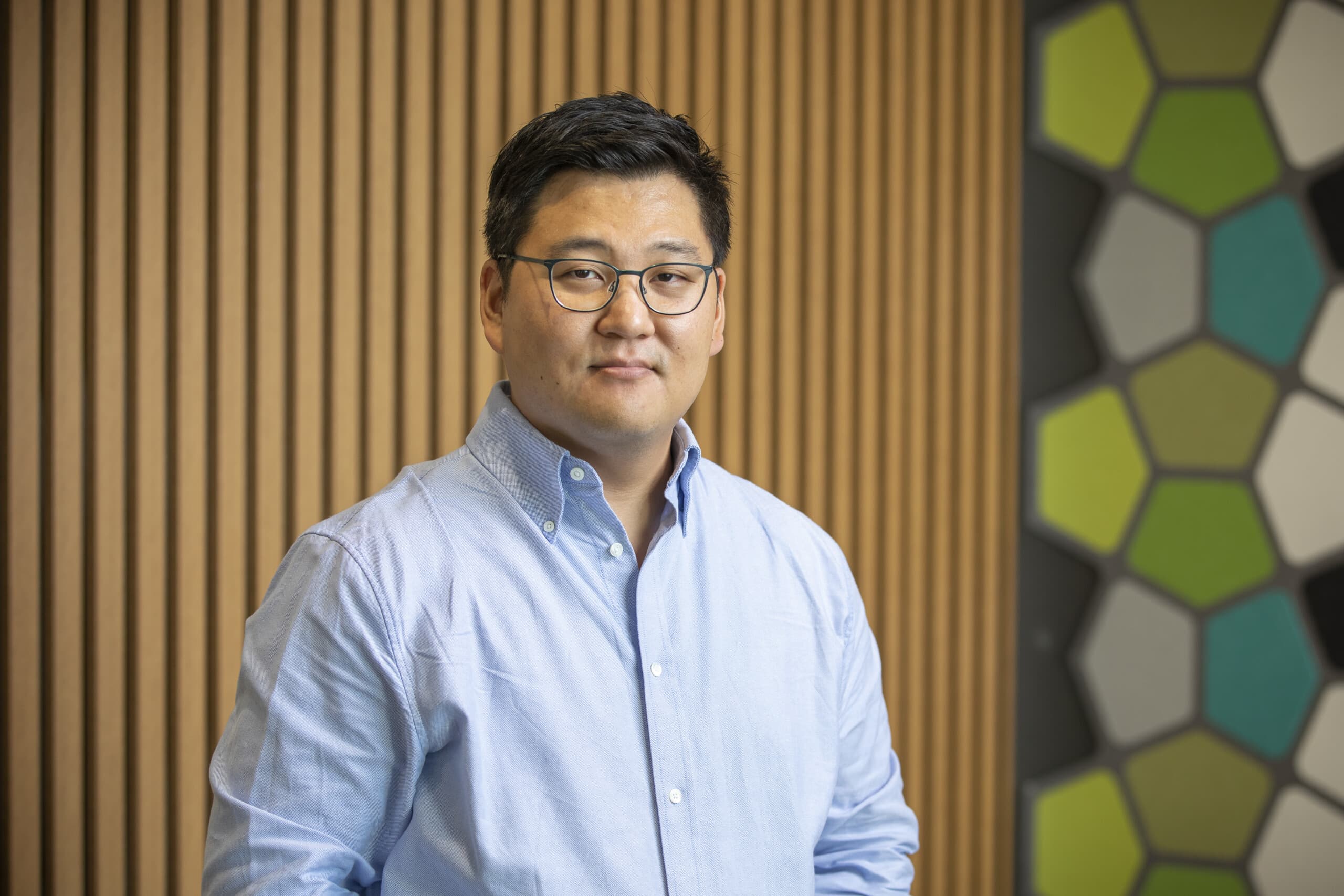
The third, the Most Valuable Player Award, was given to Dr Michaela Waibel from St Vincent’s Institute of Medical Research. This award recognises the important role played by a research program manager in ensuring team focus, research progress, and communication and collaboration across disciplines and institutes. Dr Waibel is the current program manager of the JDRF-funded Australasian Type 1 Diabetes Immunotherapy Collaborative (or ATIC), a key platform that accelerates the progress of T1D immunotherapy clinical trials.

Congratulations to all three awardees!

